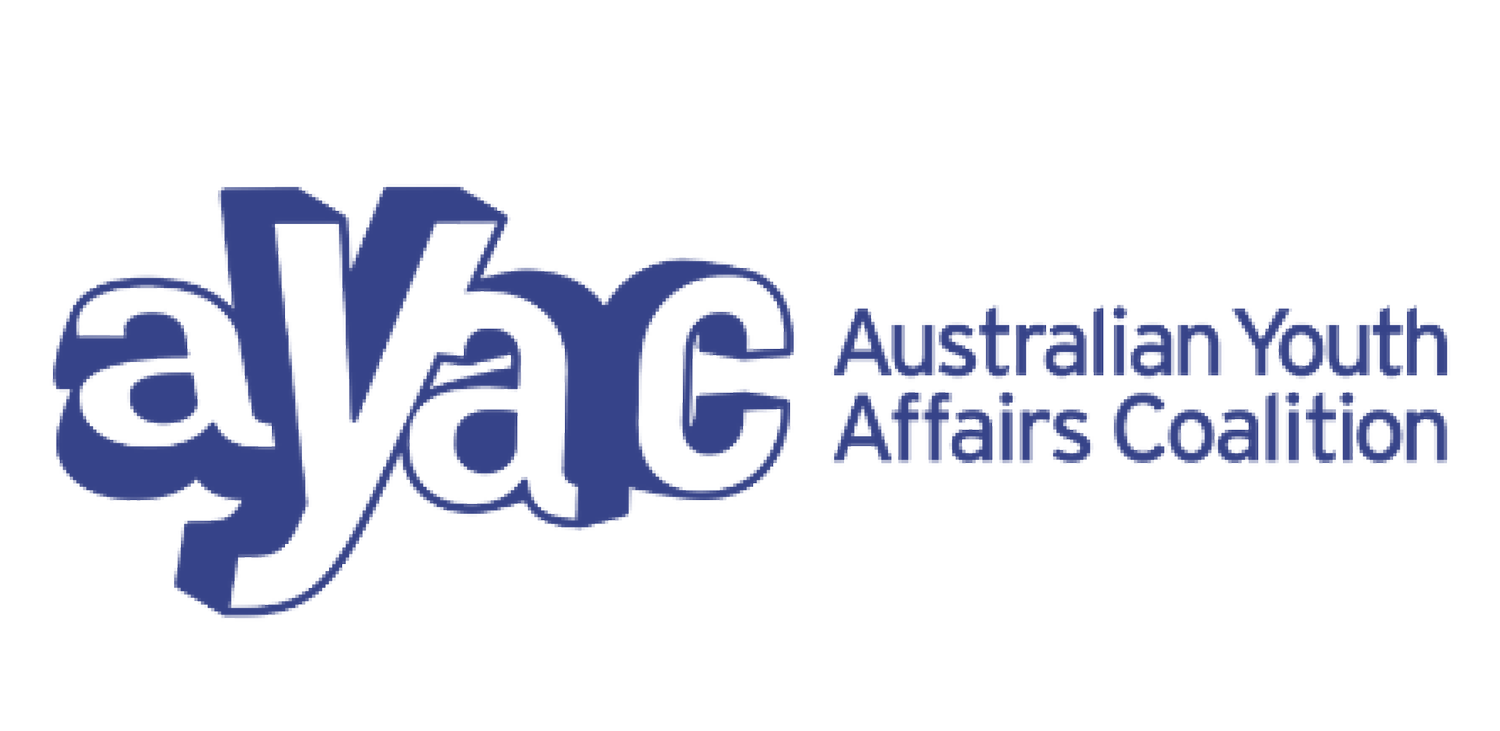The trap of being ‘inspiring’
By Caitlin | 19 | ACT
I remember sitting at the back of my sweaty and overfilled primary school hall, waiting for the weekly awards to be handed out. I always got jittery. Will my name be read out? How will I make a path to the front? What if I fall and embarrass myself?
To be perceived by others is a fear entrenched even in the psyche of 11 year olds. To be viewed, even as something positive like a sports superstar or a ruthless recycler, still puts you into a box.
“To my surprise, my name and a congratulations for attending the school excursion, gave me my box. ”
I did not walk to the front, or have to worry about how I’d get there. I had the pleasure of blissful ignorance being in my wheelchair. Until my wheelchair became an object of the gaze. As my teacher walked towards me, my sweaty palms and hammering heartbeat were the least of my worries. I did not feel worried - I felt confused. Did I just win an award for attending the school excursion? Was there something I missed? An important adjective to tell me why this was exceptional? Attending an excursion, which I perceived as a normal activity, was now the reason for a crisp handshake and congratulations.
I had been told and continue to be told, that I am inspirational, “despite all of the obstacles”. I have exceeded the low expectations that others had placed on me - and that is wonderful. But I did not do anything exceptional on the excursion except shoot a mean hoop at the AIS, and try to spot elusive politicians in the halls of Parliament House. Yet, to do that while using a wheelchair or having disability, apparently makes me worthy of award. This is not only an injustice to my peers, who I am sure were more deserving, but reflects a culture of low expectation for people with disability.
Stella Young, comedian and writer amongst other things, coined the term “inspiration porn” to denote the use of people with disability as symbols of inspiration, with messages like “If they can do it, you can!” often beside images of people with disability playing sport, at school, or smiling “despite their circumstances”. With perfectly polite intent, people with disability have become objects of the non-disabled gaze - and in doing so, the bar is lowered. To do something, even to exist, as a person with a disability, is seen as exceptional.
There is a deeper conflict that I grapple with around this label.
To be “inspirational” speaks to an ability to motivate others, to lead and be looked up to, and to be called inspirational is to be bestowed with a unique status, greater recognition - a compliment at a minimum. So to feel “undeserving” or out of place, not in an “I-am-incredibly-humble” kinda way, but to feel both belittled and put on a pedestal is hard to describe to someone who is doing so in a well-meaning manner.
To challenge this culture is to deny exposure to disability in a world already not designed for our existence. And who am I to ask for different? To step out of my box and be exceptional for being more than a stereotype, to have agency and ambition. But we do, people with disability do.
